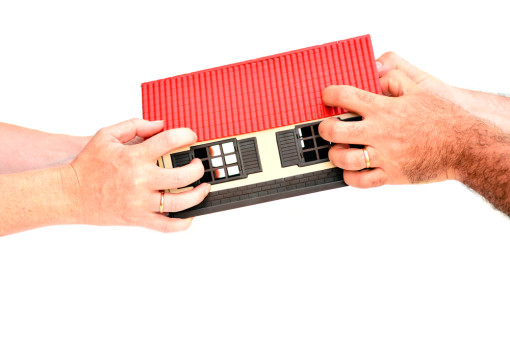One frequently asked question I get from a prospective client who is seeking a divorce is whether he or she can keep the house after the divorce. The decision to keep the marital home is both an emotional one and a financial one. Many parents seeking a divorce are interested in keeping their children in the most stable environment under the circumstances. One way to achieve that stability is through obtaining exclusive rights to the marital home. However, the decision to keep the house is not one that should be driven purely by emotion. Financial considerations must be made.
Individuals seeking to obtain rights to the marital home ought to consider a number of questions:
- How much debt is left on the home?
- Can you afford the monthly mortgage payments?
- What if something breaks, something big? Can you afford the repairs?
- Will you be able to refinance the mortgage and put it into you own name?
- What are you willing to give up in order to obtain rights to the marital home? Is it worth it?
It is likely that when that prospective client first bought the home, they secured financing by having both their name and their spouse’s name tied to the mortgage. The individual who is forfeiting any rights to the marital home will be interested in minimizing their financial risk by having their name removed the mortgage documents. This means that the person seeking exclusive rights to the marital home will have secure a new loan and refinance the mortgage in their sole name. But let’s face it, the economy is not what it once was and refinancing is not as easy as it used to be. A bank may not be comfortable offering a loan to someone whose livelihood is largely dependent on alimony and child support payments.
Even if the prospective client is able to secure financing for the home, the question still remains whether the decision makes financial sense. Under Alabama law, even if one spouse was primarily responsible for the mortgage payments during the course of the marriage, the other spouse still has an equitable interest in the marital home. The party who is seeking exclusive rights to the home will therefore have to “buy out” their spouse’s interest in the property. If there is not enough cash in the marital estate, it may mean that the spouse will have to trade another asset, such as a retirement account, for the equity in the home. This can be risky financial move, especially if housing prices are unstable. Individuals may find themselves thinking they made an equal trade, later to find out that they are now upside down in their house due to a collapse in the housing market with little retirement to secure their financial future.
This is not to say that you should never seek the marital home in a divorce. If you want the house, can afford the mortgage payments, and there are enough marital assets to divide to ensure that all parties walk away with financial security, then go for it. However, do not make the decision based on emotion alone. Consider the financial consequences.

